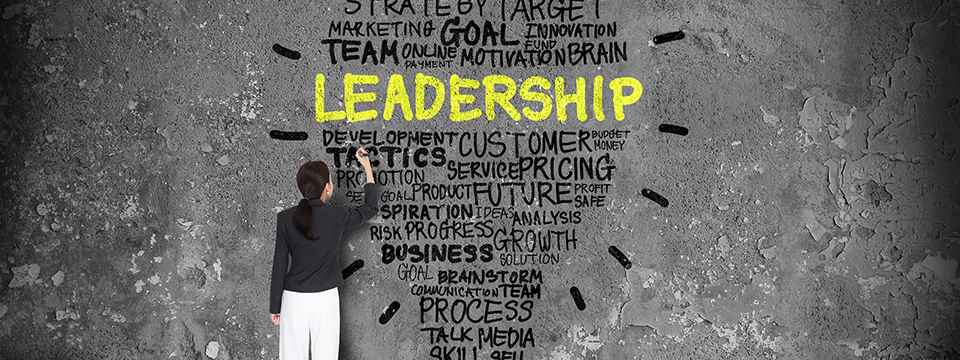Change Is Inevitable: Can You and Your Team Manage It?
Tuesday, September 20, 2016
It's likely that your workgroup has gone through significant change in the past year--reorganization, process changes, or even the loss of key team members. Whenever change happens, you and your team members can expect to experience some degree of stress. In this article, a four-step change model is presented--denial, resistance,
Stage 1: Denial:
Have you ever hoped that a change would just go away or have you heard someone say that some event "can't have happened?" It's likely that you are experiencing the first stage of change - denial. Often the initial response to a significant or unexpected change is
What can you do during this phase? Provide information about the changes so people know what to expect. Give them time to let things sink in, and then schedule a planning session to talk things over. Hold group communications sessions. Listen to their concerns with empathy, suggest actions they can take to adjust to the change, and direct them to sources of information.
Stage 2: Resistance:
In this phase, things often seem to be worse! Personal distress levels rise. It's common to spend time looking for someone or something to
How can you help? Listen, acknowledge feelings, respond empathetically, and encourage support. Acknowledging how team members are feeling will help you respond to some of their concerns. Use one-on-one communications as well as group forums.
Stage 3: Exploration:
During this phase, energy is released as people focus their attention on the future. As people try to figure out ways to relate to the new situation, many things are questioned. During exploration, there is a lot of uncertainty and your team members may tend to draw on their internal creative energy to figure out ways to adapt to the future. This is a period of high energy and it can create powerful new bonds within your team. You will probably recognize over-preparation, confusion, and chaos. There may be lots of energy, but often with a lack of focus.
What to do during exploration? Focus on priorities and provide required training. Set short-term goals. Follow-up on projects underway. Conduct brainstorming, visioning and planning sessions. Keep communications open and forward-looking.
Stage 4: Commitment:
This phase begins when the individuals and the team are ready to create new work processes,
How do you succeed during the commitment phase? Set long-term goals. Concentrate on team building. Create a mission statement. Validate and reward those responding to the change. Look ahead. Communicate. Be visible in your commitment!
A final tip: Remember, each of your team members is an individual and each will adapt to change at different rates. Be sensitive to their individual needs and be aware of how quickly you are adapting. Have patience, don't over analyze, and communicate - communicate - communicate!







